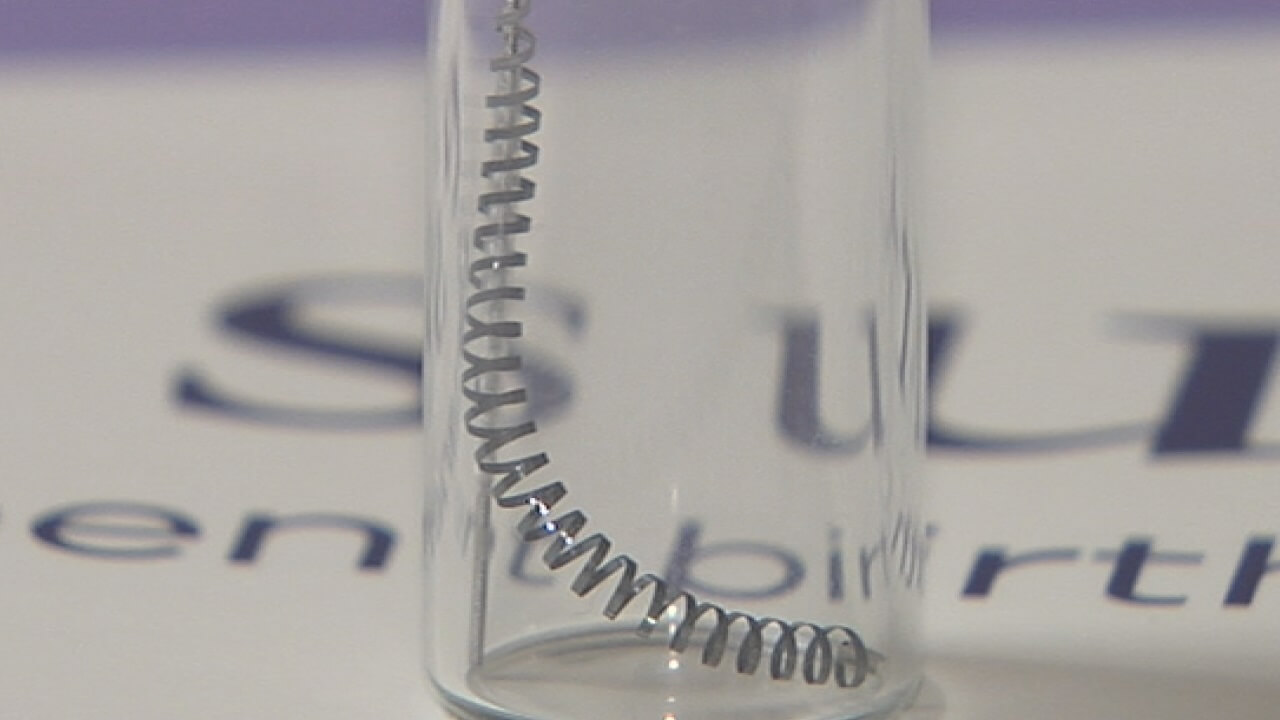The controversy surrounding the permanent contraceptive device Essure is far from over. The device, which has inspired both FDA action and proposed legislation against it, is now the subject of 900 lawsuits in California.
Earlier this month, more than 50 petitions were filed on behalf of over 900 California women to coordinate Essure lawsuits to ensure an efficient resolution of claims. Now that California coordination has been granted, lawsuits against Essure’s manufacture, Bayer A.G., are moving full speed ahead.
The lawsuits allege Bayer failed to warn consumers and doctors that Essure could cause serious side effects including chronic pain, debilitating headaches, vomiting and nausea, organ perforation, allergic reactions, unexpected pregnancy, and migration of the device, among others. For many women with Essure, the only way to find relief from the device’s side effects was through complete hysterectomies.
The California lawsuits are already setting important precedent for other Essure lawsuits. Bayer had successfully gotten other Essure lawsuits dismissed based on a federal preemption law that protected the company from liability. Now that state lawsuits have been allowed to proceed against the company, it is likely more lawsuits will continue to be filed.
In addition to the mounting lawsuits, legislation introduced by Representative Mike Fitzpatrick seeks to have Essure removed from the market and to hold Bayer responsible for producing a defective medical device. The Bill, called Ariel Grace’s Law is awaiting further traction in the House’s Committee on Energy and Commerce.
Another Bill, also sponsored by Rep. Fitzpatrick, would require doctors to report adverse events related to medical devices to the FDA. Under the current laws, reporting is completely voluntary, but this prolongs the identification of potentially dangerous medical devices.
As both the Essure litigation and legislation move forward, it is likely the controversy surrounding Essure will continue to mount.

